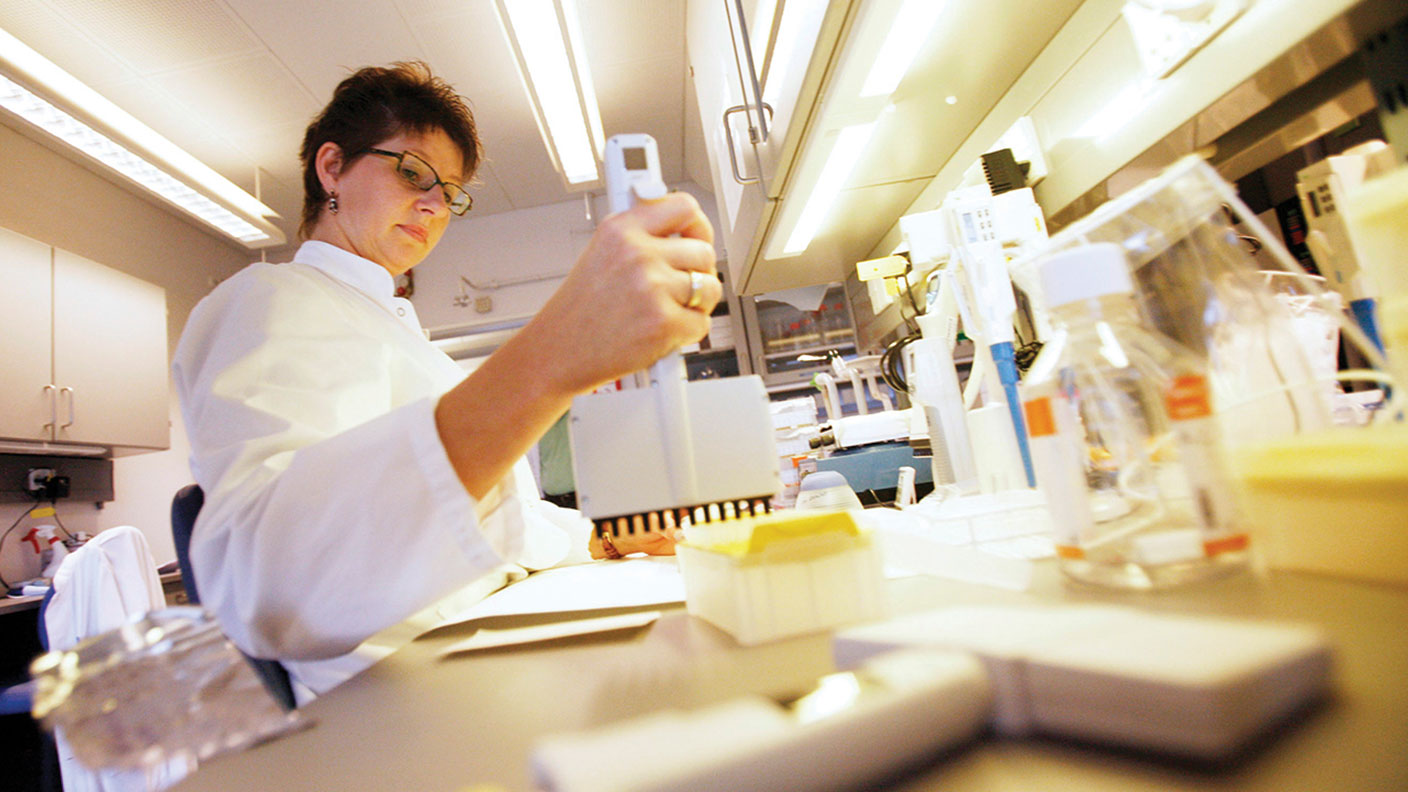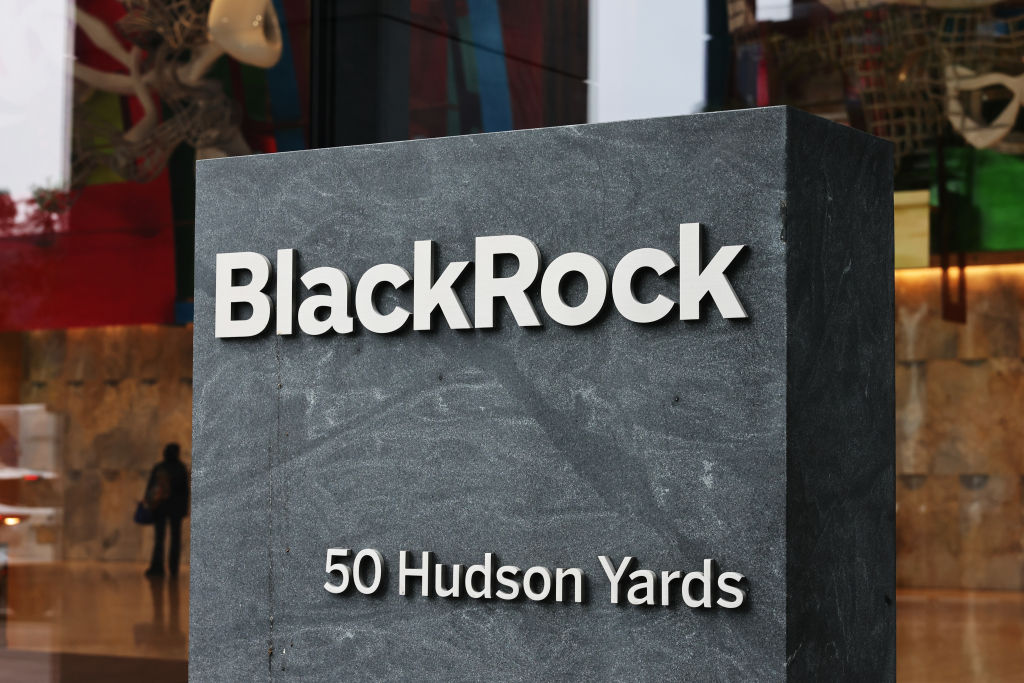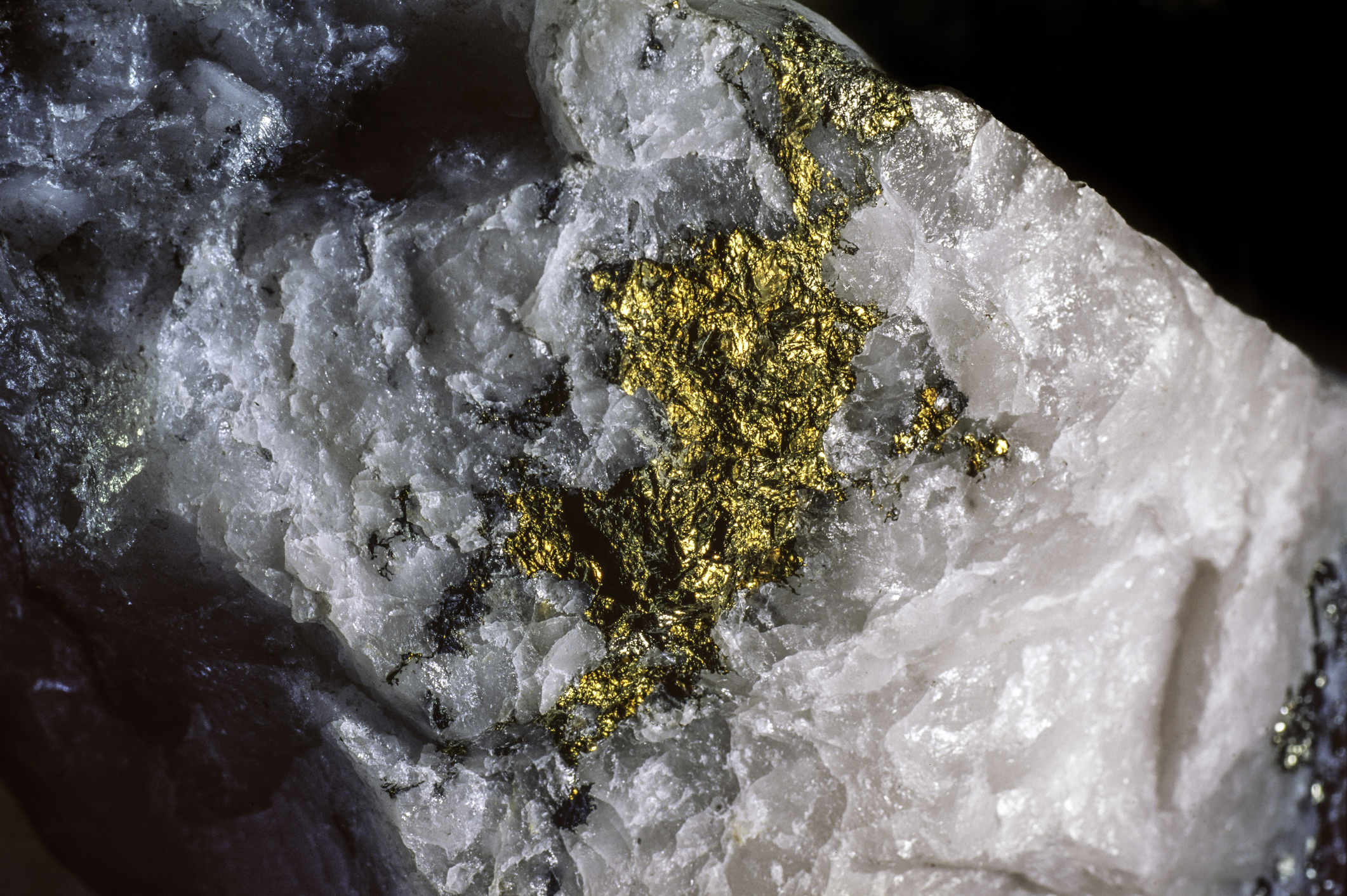
Get the latest financial news, insights and expert analysis from our award-winning MoneyWeek team, to help you understand what really matters when it comes to your finances.
You are now subscribed
Your newsletter sign-up was successful
Want to add more newsletters?

Twice daily
MoneyWeek
Get the latest financial news, insights and expert analysis from our award-winning MoneyWeek team, to help you understand what really matters when it comes to your finances.

Four times a week
Look After My Bills
Sign up to our free money-saving newsletter, filled with the latest news and expert advice to help you find the best tips and deals for managing your bills. Start saving today!
Until two years ago European Opportunities Trust (LSE: EOT), managed by Alex Darwall, was the star performer of the European sector. However, the collapse of Wirecard, its largest holding at 13% of the portfolio, was a devastating blow to the trust and to Darwall’s reputation.
What made the fiasco worse was not just the size of the holding, but also that Darwall ignored repeated dire warnings in the Financial Times of corporate misfeasance following a detailed investigation. Although he extricated some value by bailing out at the last minute, Darwall’s reputation suffered a devastating blow.
BlackRock Greater Europe (LSE: BRGE) moved up to pole position in the performance table and has remained there. The £550m trust has returned 63% over the last five years and trades at a 7% discount to net asset value (NAV). However, its growth focus has held it back over the last 12 months, in which it has lost 15%.
MoneyWeek
Subscribe to MoneyWeek today and get your first six magazine issues absolutely FREE

Sign up to Money Morning
Don't miss the latest investment and personal finances news, market analysis, plus money-saving tips with our free twice-daily newsletter
Don't miss the latest investment and personal finances news, market analysis, plus money-saving tips with our free twice-daily newsletter
Meanwhile, European Opportunities Trust, with nearly £1bn of assets, has bounced back, returning 4%. It’s second only to the £1.3bn Fidelity European (LSE: FEV), which added 5%. Fidelity European, which trades on an 8% discount, has been a consistent strong performer since its launch over 30 years ago, returning 55% over the last five years, and so remains a safe choice. If, however, Darwall has recovered his old form and learned some lessons, European Opportunities Trust, trading on a 12% discount, may be the one for the brave to invest in.
Focusing on stocks
Darwall retains his style of high conviction and low turnover. The top-ten holdings (out of 28) account for 74% of the portfolio, one of the largest being Novo Nordisk (as it is for BlackRock Greater Europe), which, alongside Eli Lilly, dominates the global market for the treatment of diabetes and therefore obesity. A third of the portfolio, much higher than for Fidelity European and BlackRock Greater Europe, is invested in the UK, including 10% each in RELX and Experian, making this a “pan-European” portfolio. Borrowings to enhance performance equivalent to 9% of net assets indicate optimism about the portfolio and a relaxed view of the market.
This view is supported by Cedric Gemehl of Gavekal, who points out that the forward price/earnings ratio of the European market has fallen from 18.3 a year ago to 12.6, slightly below the median value of the last 20 years of 13.5. The price/book ratio is right on the long-term median at 1.6 and the dividend yield at 2.9% is close to the median (3.2%).
The median implies that there is downside as well as upside, but Gemehl adds that the valuation relative to government bonds is more attractive. In the last 20 years, this has only been better in 2008, 2012 and 2020, all times of recession, so “if the eurozone economy now tips into recession and earnings fall, eurozone equities are likely to weaken further. The market’s current valuation is pricing in a sizeable economic slowdown, but not a deep recession”.
But Darwall focuses on stocks. “I invest in companies not economies. I haven’t built the portfolio on a view of inflation, but, for what it’s worth, I think inflation will be a longer-term problem. European governments have hidebound their economies with more and more restrictions – for example, the energy transition will be at higher cost – while central banks, especially in the UK, have lost the will to deal with inflation,” he says.
Darwall avoids those problems by not investing in businesses that are hurt by energy inflation, but in companies based on intellectual property that are able to deal with inflation, that can “flourish through the cycle, which competitors find hard to imitate and regulators aren’t interested in knocking”. Once he finds these companies, he sticks with them instead of playing into market rotations or trends, without trying to time the cycle. It sounds like those who gave up on Darwall two years ago should start listening.
SEE ALSO:
The ten investment trusts with the highest dividend yields
Investing for income? Here are six investment trusts to buy now
Get the latest financial news, insights and expert analysis from our award-winning MoneyWeek team, to help you understand what really matters when it comes to your finances.

Max has an Economics degree from the University of Cambridge and is a chartered accountant. He worked at Investec Asset Management for 12 years, managing multi-asset funds investing in internally and externally managed funds, including investment trusts. This included a fund of investment trusts which grew to £120m+. Max has managed ten investment trusts (winning many awards) and sat on the boards of three trusts – two directorships are still active.
After 39 years in financial services, including 30 as a professional fund manager, Max took semi-retirement in 2017. Max has been a MoneyWeek columnist since 2016 writing about investment funds and more generally on markets online, plus occasional opinion pieces. He also writes for the Investment Trust Handbook each year and has contributed to The Daily Telegraph and other publications. See here for details of current investments held by Max.
-
 ISA fund and trust picks for every type of investor – which could work for you?
ISA fund and trust picks for every type of investor – which could work for you?Whether you’re an ISA investor seeking reliable returns, looking to add a bit more risk to your portfolio or are new to investing, MoneyWeek asked the experts for funds and investment trusts you could consider in 2026
-
 The most popular fund sectors of 2025 as investor outflows continue
The most popular fund sectors of 2025 as investor outflows continueIt was another difficult year for fund inflows but there are signs that investors are returning to the financial markets
-
 Is BlackRock World Mining gearing for a recovery?
Is BlackRock World Mining gearing for a recovery?Opinion After a frustrating year, BlackRock World Mining is positioned for growth and to capitalise on the sector's recovery
-
 Will the BlackRock World Mining Trust fund strike gold?
Will the BlackRock World Mining Trust fund strike gold?The BlackRock World Mining Trust looks like a compelling alternative to a pure play on gold explorers. Is it good enough?
-
 Halifax: House price slump continues as prices slide for the sixth consecutive month
Halifax: House price slump continues as prices slide for the sixth consecutive monthUK house prices fell again in September as buyers returned, but the slowdown was not as fast as anticipated, latest Halifax data shows. Where are house prices falling the most?
-
 Rents hit a record high - but is the opportunity for buy-to-let investors still strong?
Rents hit a record high - but is the opportunity for buy-to-let investors still strong?UK rent prices have hit a record high with the average hitting over £1,200 a month says Rightmove. Are there still opportunities in buy-to-let?
-
 Pension savers turn to gold investments
Pension savers turn to gold investmentsInvestors are racing to buy gold to protect their pensions from a stock market correction and high inflation, experts say
-
 Where to find the best returns from student accommodation
Where to find the best returns from student accommodationStudent accommodation can be a lucrative investment if you know where to look.
-
 The world’s best bargain stocks
The world’s best bargain stocksSearching for bargain stocks with Alec Cutler of the Orbis Global Balanced Fund, who tells Andrew Van Sickle which sectors are being overlooked.
-
 Revealed: the cheapest cities to own a home in Britain
Revealed: the cheapest cities to own a home in BritainNew research reveals the cheapest cities to own a home, taking account of mortgage payments, utility bills and council tax
